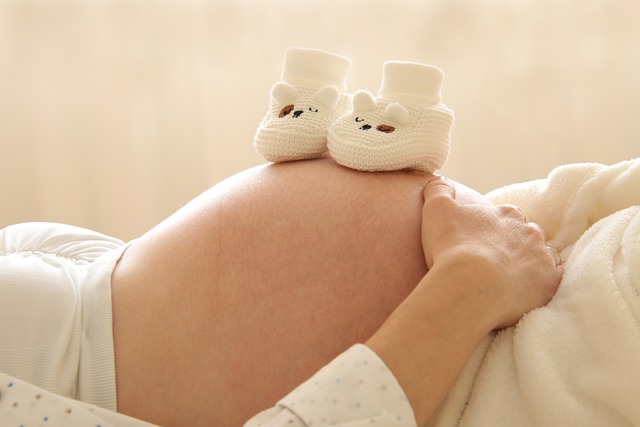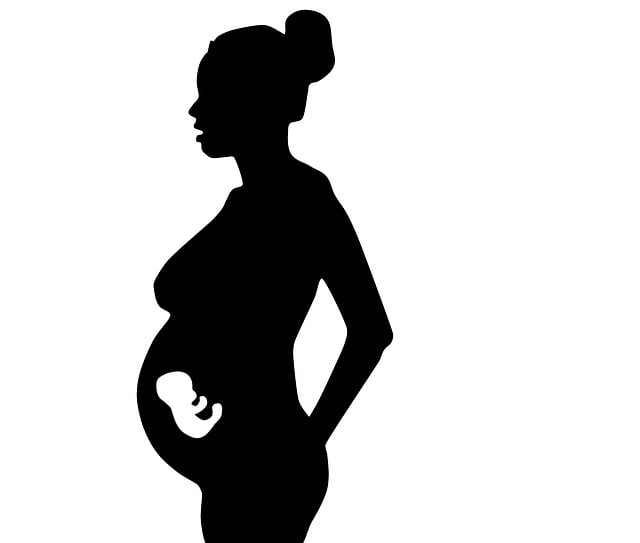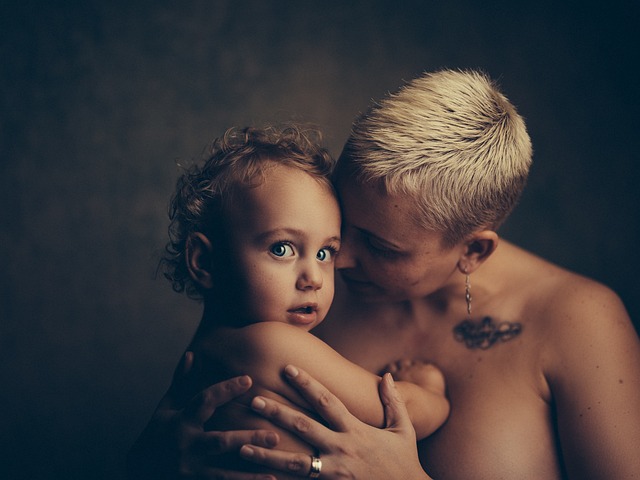The adoption process is a legally structured and judicially overseen procedure that establishes permanent familial bonds and ensures the rights of all parties are honored. It involves careful assessment by family courts to determine the best interests of the baby, the pregnant individual, and the prospective parents, aiming to create stable and secure family units. Legal frameworks and comprehensive representation are critical in guiding expectant mothers through their pregnancy options, ensuring they understand their rights and choices. Adoption professionals provide clear guidance on different adoption types, supporting informed decision-making that considers the well-being of both the baby and the pregnant individual. The role of legal counsel is emphasized, as they must offer sensitive support, advocate for the expectant mother's preferences, and maintain transparent communication throughout the process. The courts prioritize the baby's best interests when selecting adoptive families, evaluating the prospective parents' capacity to provide a loving and secure environment. Social workers and legal experts collaborate to ensure the child's needs are met, and the court's decision is made with careful consideration of the family dynamics involved. The ultimate aim is to create a lasting, nurturing bond between the baby and their forever family, ensuring long-term security and well-being for the child. The process highlights the importance of inclusive decision-making, respecting the intentions of all parties while prioritizing the child's happiness and stability in a loving family environment.
Adoption is a profound journey that forges new family bonds and redefines the essence of kinship. This article delves into the critical role representation plays in adoption hearings and procedures, ensuring the voices and interests of all parties—particularly expectant mothers and the baby’s future—are heard and honored throughout the legal process. We will explore how these proceedings facilitate understanding adoption as a means to build families, navigate pregnancy options with clarity, determine the baby’s best interests for placement with forever families, and maintain open communication among all involved. Key aspects of representation in adoption are highlighted, underscoring the importance of fair and considerate legal representation for all.
- Understanding Adoption: The Role of Legal Proceedings in Building Families
- Navigating Pregnancy Options: What Expectant Mothers Should Know About Adoption Representation
- The Baby's Best Interests: How Adoption Hearings Determine Placement with Forever Families
- Voices in the Process: Ensuring All Parties Are Represented in Adoption Procedures
Understanding Adoption: The Role of Legal Proceedings in Building Families

In the realm of adoption, legal proceedings serve as a foundational pillar in constructing families. These processes are designed to legally secure the rights and responsibilities associated with parentage, ensuring that the baby joins a new family with a durable legal bond. The judicial system provides a structured environment where the interests of the baby, the pregnant individual, and the prospective parents are all considered with the utmost seriousness. Legal hearings facilitate the establishment of a permanent legal connection between the child and their adoptive family, providing stability, security, and a clear sense of belonging for the baby. The proceedings also ensure that all parties’ rights are protected, and informed decisions are made, reflecting the complex nature of forming new family units through adoption.
Navigating the adoption process requires careful attention to legal requirements and a deep understanding of the implications involved. Family courts are tasked with the responsibility of overseeing these proceedings, guaranteeing that each case is handled with sensitivity and due diligence. The goal is to safeguard the well-being of the baby while ensuring that the pregnant individual’s wishes are honored and that prospective parents are adequately vetted. This meticulous approach underscores the importance of legal frameworks in providing a clear pathway to building families through adoption, thereby fostering environments where both the child and the new family can flourish.
Navigating Pregnancy Options: What Expectant Mothers Should Know About Adoption Representation

Navigating pregnancy options can be a complex and emotionally charged journey for expectant mothers. A significant aspect of this process involves understanding one’s rights and options regarding adoption. Prospective birth parents should seek comprehensive representation that prioritizes their family dynamics, needs, and the well-being of their baby. Adoption professionals who specialize in this area provide valuable support by offering clear, unbiased information about the various types of adoptions available, from open to closed adoptions, ensuring that expectant mothers make informed decisions aligned with their familial circumstances.
The representation an expectant mother receives during adoption proceedings is pivotal to the process’s outcome. It is essential for legal counsel to be sensitive and responsive to the unique emotional landscape of each individual case. This includes advocating for the expectant mother’s preferences regarding the selection of adoptive families, maintaining open communication throughout the adoption process, and ensuring that all legal requirements are met with precision and care. The goal is to foster a secure transition for both the expectant mother and her baby, with the understanding that the decision to place a child for adoption is deeply personal and should be made without pressure or coercion.
The Baby's Best Interests: How Adoption Hearings Determine Placement with Forever Families

In adoption hearings, the primary focus is on determining the best interests of the child, commonly referred to as the “baby” in legal contexts. These proceedings are centered around ensuring that the placement with a forever family will provide a nurturing, stable, and loving environment for the baby. The court carefully evaluates various factors, including the potential adoptive parents’ ability to offer a supportive family structure, their commitment to the baby’s well-being, and how their home environment aligns with the needs of the child. Social workers and legal professionals play pivotal roles in gathering evidence and presenting it to the court to inform this decision, ensuring that the family dynamics into which the baby is placed will be conducive to their healthy development.
The determination of the baby’s best interests is a multifaceted process that involves assessing the motivations and circumstances of both the pregnant individual and the prospective adoptive families. The court considers the physical, emotional, and psychological stability of the adoptive family, as well as the potential for providing a continuity of care from infancy through to adulthood. This holistic approach aims to foster an environment where the baby can thrive, with the understanding that a stable and loving family is crucial for the child’s development and future prospects. The goal is to create a lasting bond between the baby and their forever family, one that will offer the security and love necessary for a fulfilling life.
Voices in the Process: Ensuring All Parties Are Represented in Adoption Procedures

In adoption proceedings, it is paramount that the voices of all parties involved—the adopting family, the baby placed for adoption, and the pregnant individual making the adoption plan—are heard and considered. The adopting family brings a profound desire to expand their familial bonds through adoption, offering a nurturing and supportive environment for a child. Simultaneously, the pregnant individual is navigating a complex decision that prioritizes the well-being of their baby, often with deep emotional considerations. Legal representation and advocacy are crucial at every stage to ensure that the rights and wishes of each party are given due weight, facilitating a process that honors the intentions of all involved and promotes a stable, loving family for the child.
The legal framework surrounding adoption procedures must be adaptable enough to address the nuanced needs of each unique situation. The interests of the baby at the center of these proceedings are of utmost importance, and their long-term well-being should guide decision-making. Legal professionals, social workers, and adoption facilitators play pivotal roles in this process, offering guidance and support to all parties, ensuring that the adoption is in the best interest of the child. By providing clear communication and a fair platform for each party’s voice to be heard, these professionals help build a foundation for a secure and loving family structure.
In concluding our exploration of adoption as a means of forming families, it is clear that representation within the adoption process is pivotal. Each party involved—the prospective adoptive family, the expectant mother, and ultimately the baby—benefits from having their needs, voices, and interests advocated for throughout the legal proceedings. Adoption hearings serve as a critical juncture where the welfare of the child is paramount, ensuring that the placement with a forever family aligns with the best interests of the baby. The legal framework and representation provided offer a structured yet compassionate approach to building families, offering support and clarity to all involved. It is through this careful consideration and equitable representation that the bonds of family are strengthened and new beginnings are forged with care and intention.
